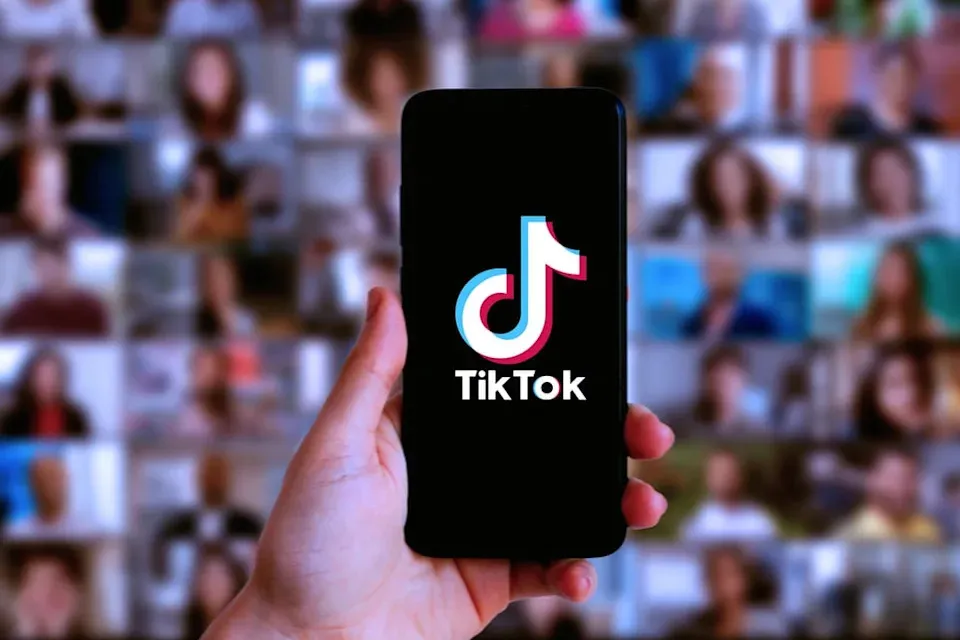AI Startups Raise Billions to Automate Their Own Press Releases
In 2025, the AI gold rush has officially reached its most poetic stage. Startups are no longer building tools to change the world. They are building tools to announce that they are changing the world.
According to Bloomberg, venture funding for AI-driven communication software hit $9.4 billion this year, most of it going to companies that promise to automate corporate storytelling. The pitch is simple: let the algorithm handle your hype.
From Silicon Valley to Singapore, founders are raising fortunes to train models that can write, optimize, and even distribute their own press releases. One investor told Reuters, “We’re not funding innovation anymore. We’re funding the illusion of innovation.”
The result is an economy where artificial intelligence not only generates content but also congratulates itself for existing.
The Guardian summed it up neatly: “We’ve taught machines to write our marketing copy so we can spend more time fundraising about it.”
The Press Release Economy
The modern startup is built on momentum, not revenue. A company’s survival depends less on product development and more on how well it can sustain the illusion of progress. AI, naturally, has entered to help scale that illusion.
The Wall Street Journal reports that more than 60 percent of early-stage tech startups now use AI tools to generate or edit their public communications. Founders rely on generative models to craft funding announcements, partnership updates, and the occasional apology letter after a data leak.
A London-based startup called HypeChain raised $140 million to build “autonomous narrative systems” capable of drafting full media campaigns without human input. Its CEO told Bloomberg, “Our goal is to eliminate the inefficiency of self-promotion.”
That inefficiency, apparently, was the last human thing left in tech.
Meanwhile, another company called PR.ai is developing a platform where one AI writes the press release while another AI acts as the journalist, generating fake coverage to simulate buzz. Reuters reported that the company’s slogan is “Reality, but scalable.”
Venture capitalists love it. The BBC interviewed a prominent investor who said, “This is the next logical step. If AI can trade stocks and write novels, why can’t it tell me how brilliant my portfolio is?”
Bloomberg’s technology editor described this phenomenon as “meta-capitalism.” In other words, companies now exist primarily to automate the communication of their own existence.
The irony is so dense it has its own gravitational field.
Investors Love Words More Than Products
The great secret of modern venture capital is that many investors prefer stories to substance. In an attention-driven economy, narrative is currency. AI just makes it easier to print.
The Guardian reported that AI startups are closing massive rounds based on slide decks generated by chatbots. One founder admitted that his Series B pitch was entirely written by an AI trained on TechCrunch articles. It worked. The company raised $80 million to build an “AI platform for AI storytelling.”
In Silicon Valley, the bar for innovation is now measured by the novelty of your adjectives. Bloomberg quoted one VC partner who said, “The market rewards confidence more than competence. AI lets you produce infinite confidence.”
The result is a strange financial ouroboros. AI companies raise money using AI-generated decks, issue AI-generated press releases to announce the funding, then use AI-generated analytics to measure the reach of those press releases so they can raise more money.
A technology journalist from the Wall Street Journal described it as “Ponzi-narrative economics.”
Meanwhile, corporate PR departments are shrinking. Why hire humans to write polished nonsense when an algorithm can do it in seconds? One startup in Berlin now offers a subscription model for “continuous media relevance,” automatically generating weekly news about your brand whether or not you have any.
Bloomberg reports that some companies are going even further, using machine learning to simulate product launches. Their platforms create mock user testimonials, fake market traction charts, and AI-generated interviews for imaginary podcasts.
The Guardian calls it “synthetic success.” The rest of the world calls it Tuesday.
AI Hype as a Service
Artificial intelligence has become so self-referential that it now markets itself better than any PR firm.
A BBC analysis found that 40 percent of AI-related press releases contain no verifiable technology claims. Instead, they rely on emotional language about “revolution,” “disruption,” and “unlocking the next era of intelligence.” These releases are designed to be quoted, retweeted, and forgotten within 24 hours.
AI companies are feeding a media ecosystem that thrives on velocity over verification. The faster the headline, the higher the valuation.
One recent example went viral after an AI startup announced “the end of human communication as we know it.” The entire press release was AI-generated, including the founder’s quote. When asked for comment, the actual founder said, “Honestly, I didn’t even read it, but it sounded like something I’d say.”
Reuters reports that publicists are starting to feel existential dread. Some agencies are rebranding as “AI narrative curators,” positioning themselves as consultants who train algorithms rather than write. One PR veteran told Bloomberg, “We’re not storytellers anymore. We’re babysitters for language models.”
And yet, the money keeps flowing. In the first quarter of 2025 alone, investors poured $3.2 billion into startups specializing in AI communications. Analysts are calling it the new fintech, only with better grammar.
The Wall Street Journal noted that even established corporations are joining the hype. One Fortune 500 firm proudly announced its AI-driven “internal communication optimization suite.” Translation: the email generator now has emojis.
The End of Authenticity and the Rise of Autopilot
The deeper irony of the AI PR boom is that it is solving a problem no one had. The world already had too many press releases. Now, we just have them faster, cheaper, and more existentially meaningless.
The Guardian observed that “automation has achieved what marketing never could: infinite enthusiasm.”
Meanwhile, actual journalism struggles to keep up. Reporters at major outlets are now competing against algorithms that never sleep and never question their sources. Bloomberg journalists privately joke that they are “covering machines that cover themselves.”
In this reality, truth becomes just another API endpoint. AI systems summarize, paraphrase, and regenerate statements until the original claim no longer matters. What matters is volume.
A BBC columnist compared the situation to a hall of mirrors. “Every reflection looks more confident than the last, but none of them are real.”
Even consumers are part of the loop. Algorithms track which types of press releases get the most engagement, then generate more of them. The system is teaching itself how to manipulate attention, one press kit at a time.
The Wall Street Journal warns that if this continues, markets could begin reacting to AI-generated news cycles entirely detached from real events. In other words, the future of finance might depend on which machine writes the most convincing story.
Conclusion
The AI startup ecosystem has finally achieved perfect efficiency. It no longer needs to innovate, manufacture, or even hire. It only needs to narrate.
Bloomberg calls it the ultimate form of digital capitalism: a system where perception becomes product. The BBC calls it progress. The Guardian calls it exhausting.
Somewhere, a venture capitalist is approving another funding round for an AI that generates better fundraising emails. The machines will thank themselves in a well-written press release by morning.
Perhaps this is what technological singularity really looks like. Not conscious robots, but self-replicating press statements congratulating each other for their synergy.
In the end, the story of AI is not about replacing humans. It is about replacing authenticity. The machines are not taking our jobs, they are taking our adjectives.





Recent Comments